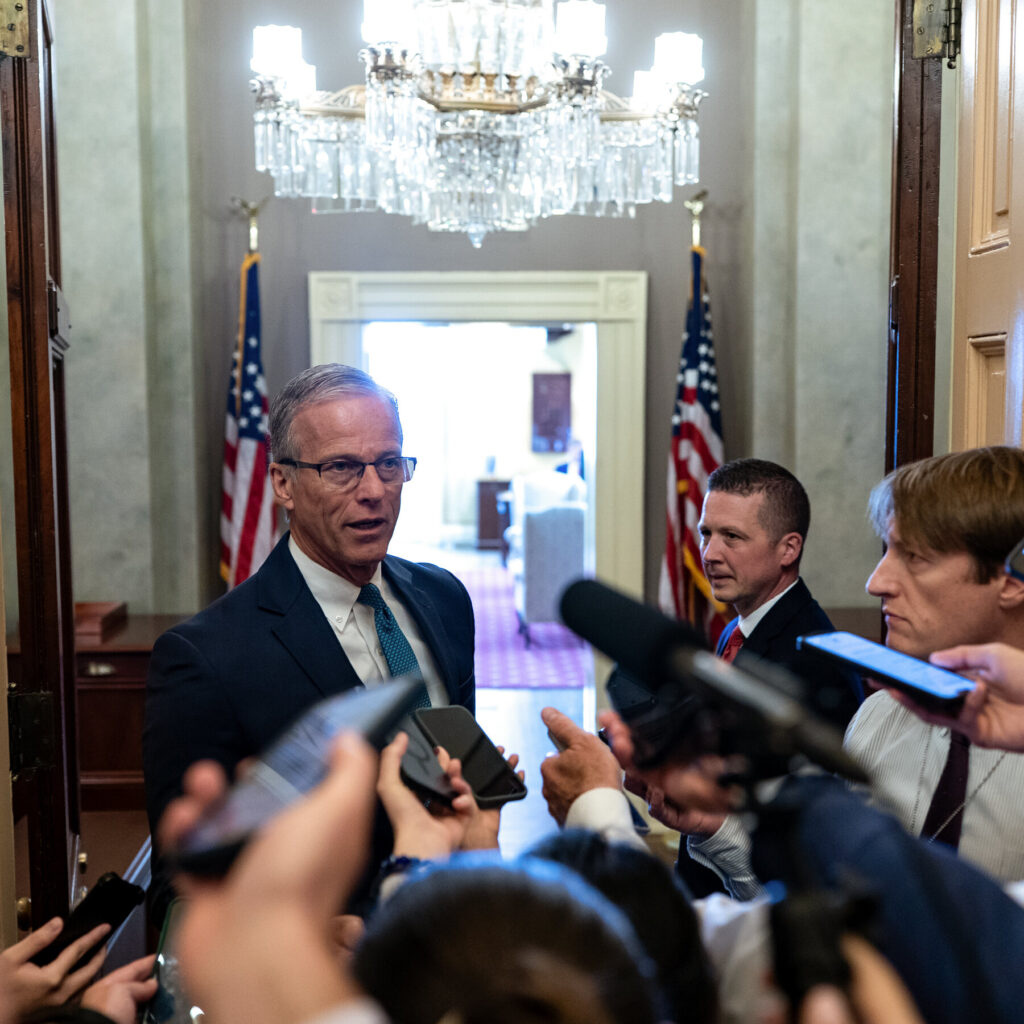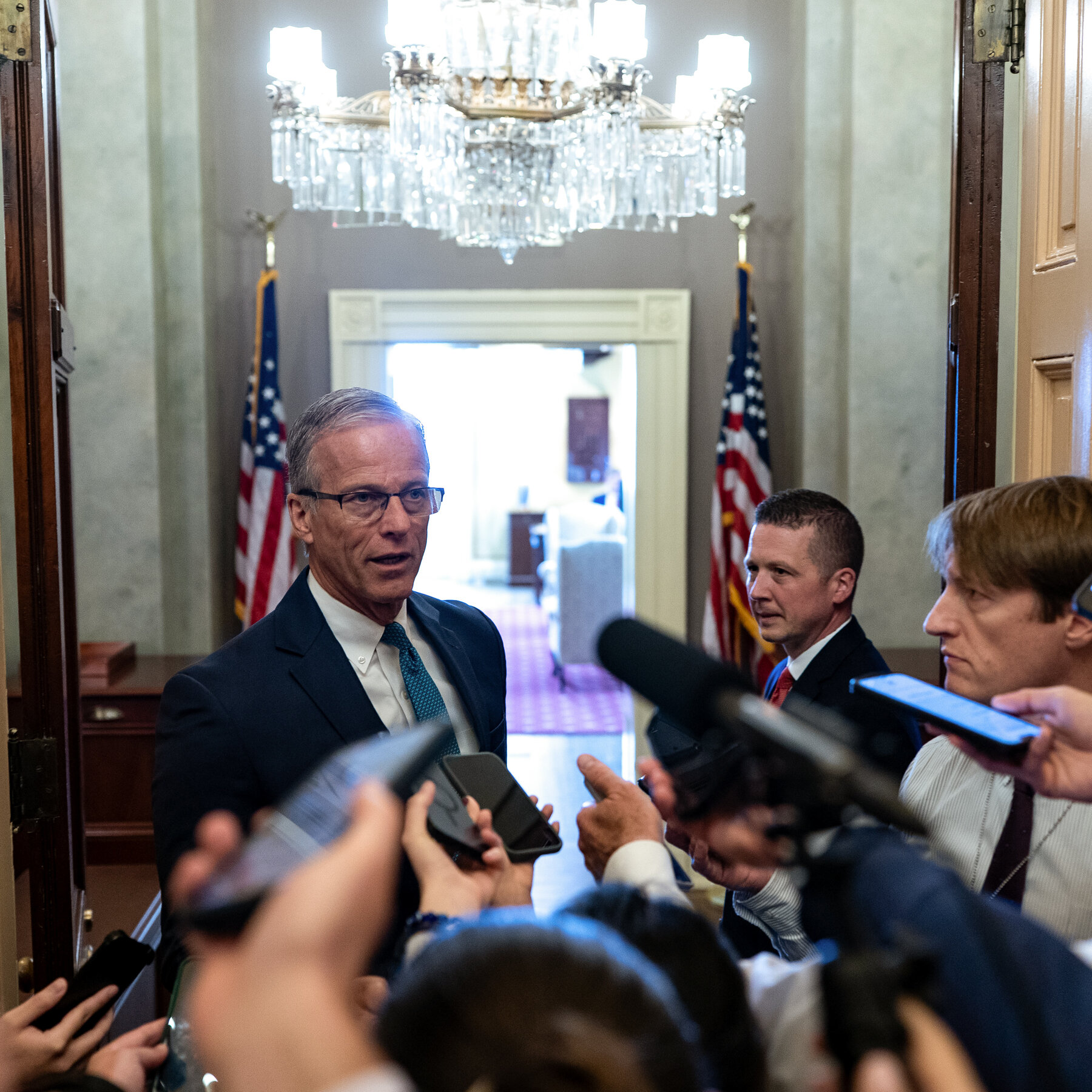Senate Republicans Ready Vote on Tax Bill, Still Awaiting Its Final Cost
Senate Republicans Ready Vote on Tax Bill, Still Awaiting Its Final Cost

Economists have estimated that previous versions of the bill could add trillions to the national debt, but many haven’t had the chance to review the latest Senate version.
Read the full article on NY Times Politics
Truth Analysis
Analysis Summary:
The article's accuracy is mixed. While the claim about economists' estimates of previous versions adding to the national debt is plausible, the article acknowledges that many haven't reviewed the latest version, leaving the current bill's cost unverified. The article exhibits moderate bias through its focus on the potential negative economic impacts and the implication that Republicans are rushing the vote without a full cost assessment.
Detailed Analysis:
- Claim:** Senate Republicans Ready Vote on Tax Bill, Still Awaiting Its Final Cost.
- Verification Source #1: Fails to cover this specific claim, but generally describes the legislative process, including amendments and voting.
- Verification Source #3: Mentions a Senate divide over a bill's price tag and plans to vote on a budget resolution, lending some support to the idea of Senate votes on financial matters.
- Verification Source #2: Mentions a new Republican majority in the Senate in May 2025, which provides context for the political landscape.
- Verification Source #4: Discusses Senate Republicans and energy tax credit cuts, indicating their involvement in financial legislation.
- Verification Source #5: Refers to a "One Big Beautiful Bill Act" and congratulates House Republicans, suggesting broader tax-related legislative activity.
- Claim:** Economists have estimated that previous versions of the bill could add trillions to the national debt, but many haven’t had the chance to review the latest Senate version.
- Verification Source #3: Mentions Senate divide over a bill's price tag.
- Verification Source #2: Fails to cover this specific claim.
- Verification Source #4: Fails to cover this specific claim.
- Verification Source #5: Fails to cover this specific claim.
- Verification Source #1: Fails to cover this specific claim.
Supporting Evidence/Contradictions:
- Verification Source #3: supports the idea of Senate votes on financial matters and mentions a divide over a bill's price tag.
- Verification Source #2: Provides context of a new Republican majority in the Senate.
- Verification Source #4: Shows Senate Republicans involved in financial legislation.
- Verification Source #5: Suggests broader tax-related legislative activity.
- The article acknowledges that many economists haven't reviewed the latest version, indicating uncertainty about the bill's actual cost. This is a point of weakness in the article's factual basis.

